Swiss solar fuels pioneer Synhelion has inaugurated what it claims is the world’s first industrial-scale plant to create synthetic fuels from solar heat. The plant, called DAWN, is located at Jülich, in Germany’s central west region, and will produce sustainable aviation fuel and non-fossil product for road and marine transport. It will do so by converting reflected solar radiation into high temperature process heat, which in turn will create synthetic gas, or syngas, which is finally transformed to liquid fuel. DAWN is expected to produce several thousand litres of renewable transportation fuel per year that will be used for ‘showcase’ purposes, with building of a commercial-scale plant in Spain due to begin in 2025, producing around 1,000 tonnes of fuel per year. Synhelion has ambitions for further plants that will bring total production to one million tonnes of solar fuel within 10 years.
“The inauguration of DAWN marks the beginning of the era of solar fuels, a turning point for sustainable transportation,” said Dr Philipp Furler, the co-founder and CEO of Synhelion. “Our founding dream of producing renewable fuels from solar energy is becoming a reality.”
The centrepiece of the Synhelion facility is a 20-metre-high tower that contains a solar receiver, a thermochemical reactor and thermal energy storage. The tower is ringed by a field of mirrors, or heliostats, that reflect sunlight onto the solar receiver, transforming the radiation into high-temperature process heat which is channelled into the reactor to produce syngas from hydrogen and carbon. Then, using standard gas-to-liquids technology, the syngas is converted into alternative jet fuel, gasoline or diesel, while excess heat is trapped in the thermal energy storage chamber to enable the plant to continuously produce new fuels.
Synhelion was established in 2016 as a commercial spin-off from ETH, a public university in Zurich. In 2019, it first demonstrated the use of solar heat to produce fuels, using a mini refinery established on the roof of the university, and has since concentrated on evolving sun-to-liquid technology to industrial scale.
Plant DAWN, as it is known, was built with support from a combination of investors and international partners including Lufthansa Group and one of its airline companies, Swiss International, as well as Zurich Airport, Pilatus Aircraft, Italy’s Eni energy company, Switzerland’s AMAG Group, the global construction and materials company Cemex, SMS Group and Wood. It has also received funding from the Energy Research Programme of Germany’s Federal Ministry of Economic Affairs and Climate Protection.
In the first half of this year, Synhelion passed multiple milestones, starting in February with completion of its solar tower, which faces north to minimise the chance of throwing shadows onto the mirror field. One month later, the Fischer-Tropsch conversion unit was delivered to help transform syngas into renewable fuel, and in May the key components of the solar fuel technology were delivered and installed inside the tower. Finally, in June, the mirror field was installed, to direct the solar rays into the tower.
DAWN will manufacture synthetic crude oil, or syncrude, which will then be transported to a conventional refinery to be processed into certified fuels.
The new Spanish plant is aiming to produce around 1,000 tonnes of fuel per year, while Synhelion says future plants will significantly exceed the scales of the first two.
“Solar fuels can directly replace fossil fuels,” explained Synhelion, “and are fully compatible with the global existing fuel infrastructure, from storage and transportation to internal combustion engines and aircraft engines.”
Hartmut Höppner, State Secretary of the German Federal Ministry for Digital and Transport, said achieving climate targets in the transport sector relied on alternatives to fossil fuels. “The potential of renewable synthetic fuels is huge,” he said. “The first plant for the production of solar fuels in Germany is a clear sign of how technical innovations can reduce CO2 emissions.”
Heike Birlenbach, CCO of Swiss International Air Lines (SWISS), said large-scale use of SAF was one of the most important measures available to cut aviation’s carbon emissions.
“The inauguration of DAWN marks a milestone in this process,” added Birlenbach. “As strategic partners of Synhelion, Lufthansa Group and SWISS, as investors, are proud to support the market introduction of solar fuels, and congratulate Synhelion on this extraordinary achievement.”
In 2022, Synhelion raised CHF 22 million ($24m) from existing investors as well as new strategic investors that included SWISS, which enabled construction of DAWN.
Last year, a project with the University of Florida to develop and deploy large-scale production of green hydrogen from solar energy was awarded $2.7 million in funding from the US Department of Energy Solar Energy Technologies Office. The project aims to leverage concentrating solar power (CSP) infrastructure and solar heat to split water into hydrogen and oxygen.
Top photo: Synhelion’s Plant DAWN









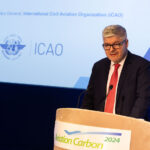
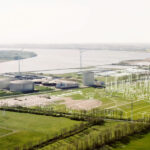
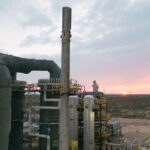

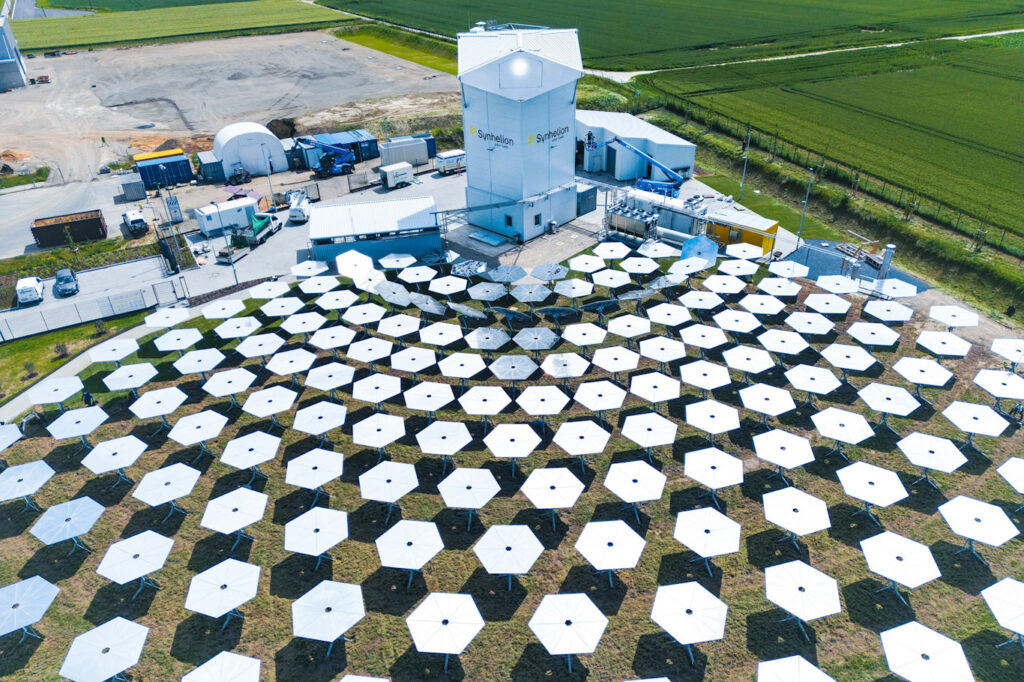
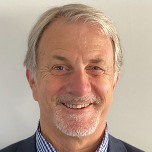

More News & Features
Progress on decarbonising the airline sector has been slow this year, says IATA chief
EASA releases status report on Europe’s SAF production and readiness to meet blending targets
New study highlights differing strategies and barriers to decarbonising aviation in UK and Europe
New partnerships formed to drive e-SAF production in Nordic markets
IAG continues to go big on e-SAF as it inks 10-year offtake agreement with Infinium
US on the pathway to achieving its 2030 SAF Grand Challenge target, says DOE report